Preventing minors from accessing adult content is very important in the digital age. As parents or guardians, it is essential to take steps to protect them and ensure their online experience is safe and appropriate for their age.
Tabla de contenidos
Below, we explain the best strategies and tools to prevent minors from accessing adult content.
The importance of restricting access to adult content
The internet offers countless educational and entertainment resources, but it also exposes minors to inappropriate content. Early exposure to adult content can affect their emotional and psychological development. Furthermore, recent research confirms that many Spanish children start consuming pornography between the ages of 9 and 11, highlighting the need for proper controls and supervision.
Active and passive strategies to protect minors
The National Cybersecurity Institute (INCIBE) recommends a combination of “active” and “passive” strategies to ensure the digital safety of minors:
- Passive strategies: These involve using parental controls and content filters to restrict access to inappropriate material.
- Active strategies: These involve digital education within the family, open communication, and creating agreements about the responsible use of technology.
Both strategies are necessary to help minors develop digital skills and navigate the internet safely.

Tools to block adult content
There are various technological tools that help restrict minors’ access to adult content. Below, we detail the most effective ones.
Parental controls in operating systems and devices
Most operating systems include parental controls that allow you to restrict access to certain content and set usage limits. Some options include:
- Windows: Through the “Family & Other Users” settings, you can set content filters and restrict access to inappropriate websites.
- Mac: The “Screen Time” option allows content restrictions on Safari and other apps.
- iOS and Android: Both operating systems allow you to configure content restrictions through the “Parental Controls” in the device settings.
Parental control apps and software
Some apps allow monitoring and restricting access to adult content:
- Google Family Link: Helps manage device use and allows filtering inappropriate content.
- Qustodio: Provides online activity supervision and website blocking.
- Norton Family: Allows you to set content restrictions and monitor internet usage.
- Net Nanny: Filters explicit content and provides online activity reports.
Browser and streaming platform settings
- Google SafeSearch: Filters search results to exclude explicit content.
- Restrictions on YouTube, Netflix, and HBO: These platforms allow you to enable child modes that limit inappropriate content for minors.

Tips for educating minors about safe internet use
Using technological tools is crucial, but it’s also important to educate minors about online risks and encourage responsible internet use.
- Maintain open communication
Talking to minors about internet risks and the importance of avoiding adult content is key. It is essential that they feel comfortable sharing their concerns and online experiences. - Set browsing rules
Establishing clear rules about internet use, such as connection times and allowed websites, helps minimize risks. It is advisable to set family agreements regarding the use of digital devices. - Supervise online activity
It’s important to know which websites minors visit and who they interact with online. Tools like browsing history and parental control apps can be used to monitor their activity. - Create family digital plans
INCIBE recommends establishing “family digital plans,” where all members explain which technologies and networks they use and how they manage them. These agreements help minors develop responsible habits and reinforce their digital autonomy.
Governmental and legislative measures
Some countries have implemented legislative measures to curb minors’ access to adult content. An example is Italy, where since November 2023, telecom operators must automatically block access to pages with inappropriate content when the line holder is a minor. This measure, although drastic, reflects growing concern about early exposure to harmful content.
In Spain, regulation regarding access to adult content is still under debate, but authorities recommend that parents and guardians use available resources for the digital protection of minors.

Conclusion
Preventing minors from accessing adult content requires a combination of technology, education, and supervision. Implementing parental controls, using content filters, and fostering open dialogue with minors are key strategies to ensure their online safety. Additionally, creating family digital plans and keeping track of legislative initiatives can contribute to a safer digital environment for children. With the right tools and advice, it is possible to create an internet space suited to their age and free from unnecessary risks.
If you have any questions about this topic, feel free to contact us, and we will respond as soon as possible.
Photos, videos, negative reviews, or fake news can impact your image. We help you remove or deindex them. Leave your details and we’ll contact you.
Photos, videos, negative reviews, or fake news can impact your image. We help you remove or deindex them. Leave your details and we’ll contact you.








